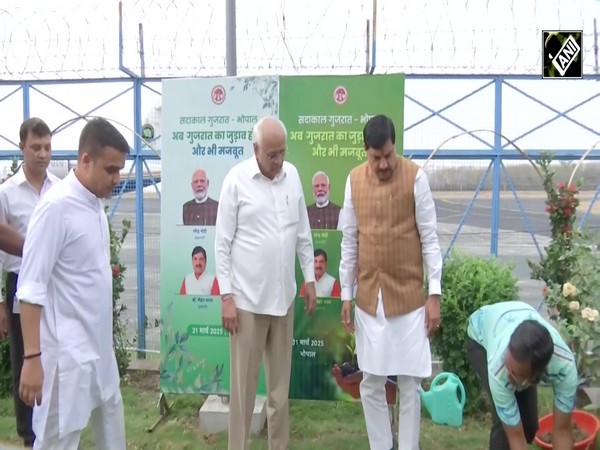Former Law Minister Ashwani Kumar calls for review of disqualification law
Mar 24, 2023

New Delhi [India], March 24 : Former Law Minister Ashwani Kumar on Friday raised a question on the disqualification of Rahul Gandhi as Lok Sabha MP and said that the decision raises a larger question about the harshness and disproportionality of the consequences of a two-year sentence upon conviction.
Lok Sabha Secretariat on Friday issued a notification stating, "No. 21/4(3)/2023/TO(B) Consequent upon his conviction by the Court of Chief Judicial Magistrate, Surat in C.C./18712/2019, Shri Rahul Gandhi, Member of Lok Sabha representing the Wayanad Parliamentary Constituency of Kerala stands disqualified from the membership of Lok Sabha from the date of his conviction i.e. 23 March, 2023 in terms of the Provisions of Article 102(1)(e) of the Constitution of India read with Section 8 of the Representation of the People Act, 1951."
Ashwani Kumar told ANI that while the legality of the judgment of a Surat court in the defamation case against Rahul Gandhi will be challenged, the decision raises a larger question about the harshness and disproportionality of the consequences of a two-year sentence upon conviction.
"A spate of disqualifications of members of State Assemblies and Parliament in the recent past has given reason to consider a review of the existing law to provide a reasonable opportunity to the member concerned to question the conviction without incurring disqualification as a legislator," he said.
Former Law Minister further said, "It is time to consider whether a valuable democratic and statutory right to represent people can be taken away upon first conviction without even a single appeal to a higher judicial forum."
"The Ordinance sought to be introduced by the UPA Government was intended to introduce a provision for appeal to address the harsh operation of the law," he added.
"It is well established that oppressive and disproportionate punishment is counterproductive and does not serve the cause of justice. The majesty of law is best secured by its acceptability in the consciousness of the nation," the former Rajya Sabha member said.
"A progressive evolution of the law demands a purposive legislative and political response to the experience and application of laws. Hopefully, a political consensus can be achieved on the imperatives for such a law," he added.



















